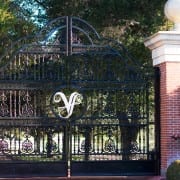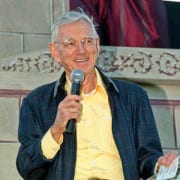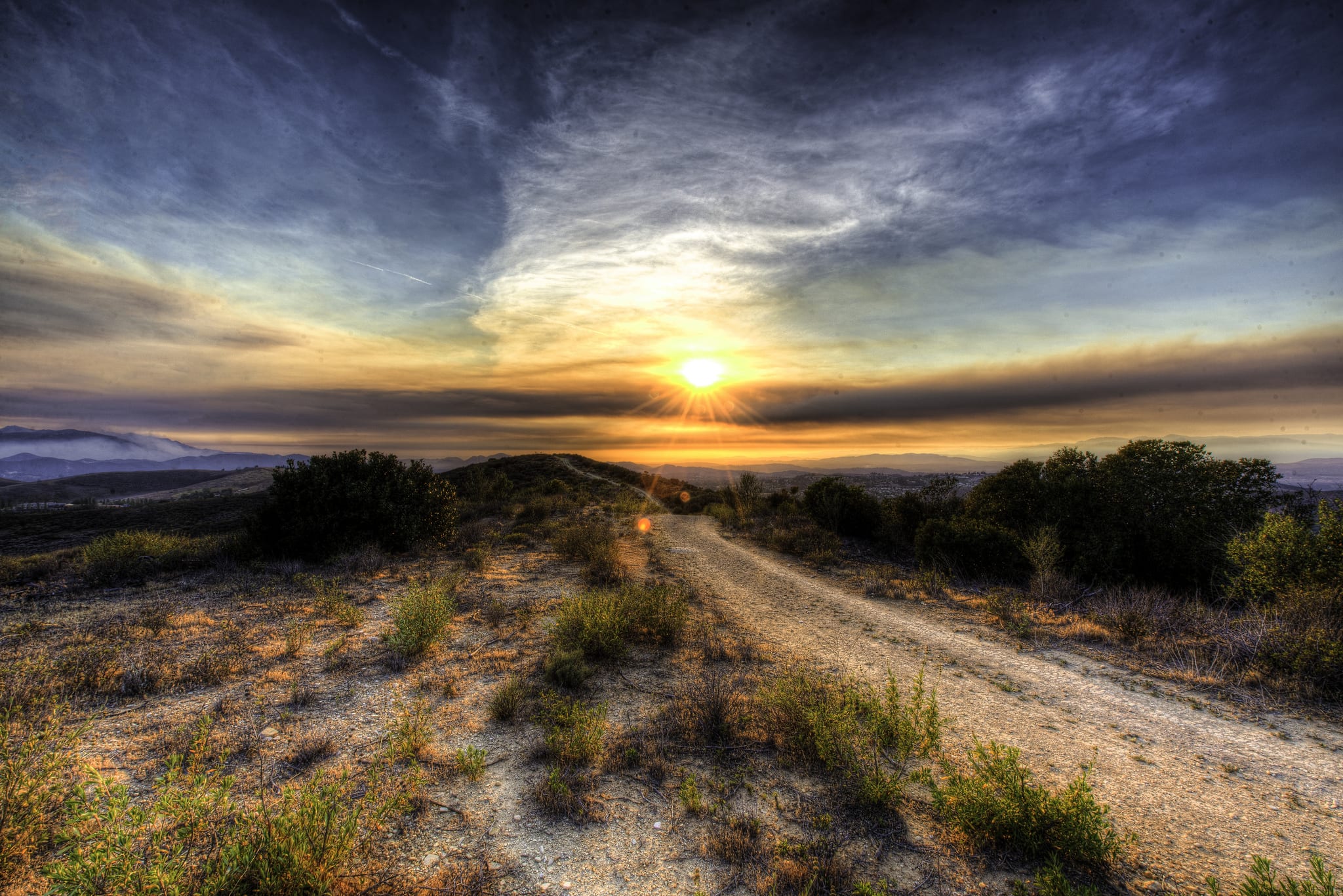The Billionaire Who Is Planning His 125th Birthday (part 1)
Article Originally appeared in the New York Times, March 3, 2011.
by Frank Bruni
One morning in early January, David Murdock awoke to an unsettling sensation. At first he didn’t recognize it and then he couldn’t believe it, because for years – decades, really – he maintained what was, in his immodest estimation, perfect health. But now there was this undeniable imperfection, a scratchiness and swollenness familiar only from the distant past. Incredibly, infuriatingly, he had a sore throat.
“I never have anything go wrong,” he said later.
“Never have a backache. Never have a headache. Never have anything else.”
This would make him a lucky man no matter his age. Because he is 87, it makes him an unusually robust specimen, which is what he must be if he is to defy the odds (and maybe even the gods) and live as long as he intends to. He wants to reach 125, and sees no reason he can’t, provided that he continues eating the way he has for the last quarter century: with a methodical, messianic correctness that he believes can, and will, ward off major disease and minor ailment alike.
Mr David H. Murdock
So that sore throat wasn’t just an irritant. It was a challenge to the whole gut-centered worldview on which his bid for extreme longevity rests. “I went back in my mind: what am I not eating enough of?” he told me. Definitely not fruits and vegetables: he crams as many as 20 of them, including pulverized banana peels and the ground-up rinds of oranges, into the smoothies he drinks two to three times a day, to keep his body brimming with fiber and vitamins. Probably not protein: he eats plenty of seafood, egg whites, beans and nuts to compensate for his avoidance of dairy, red meat and poultry, which are consigned to a list of forbidden foods that also includes alcohol, sugar and salt.
“I couldn’t figure it out,” he said. So he made a frustrated peace with his malady, which was gone in 36 hours and, he stressed, not all that bad. “I wasn’t really struggling with it,” he said. “But my voice changed a little bit. I always have a powerful voice.” Indeed, he speaks so loudly at times, and in such a declamatory manner, that it cows people, who sometimes assume they’ve angered him. “When I open my mouth,” he noted, “the room rings.”
The room ringing just then was the vast, stately common area of his vast, stately North Carolina lodge, which sits on more than 500 acres of woods and meadows where a flock of rare black Welsh sheep — which he keeps as pets, certainly not as chops and cheese in the making — roam under the protection of four Great Pyrenees dogs. He got the dogs after a donkey and two llamas entrusted with guarding the flock from predators failed at the task. The donkey and llamas still hang out with their fleecy charges, but they are purely ornamental.
Murdock loves to collect things: animals, orchids, Chippendale mirrors, Czechoslovakian chandeliers. He keeps yet another black Welsh flock at one of his two homes in Southern California, a 2,200-acre ranch whose zoological bounty extends to a herd of longhorn cattle, about 800 koi in a manmade lake and 16 horses — down from a population of more than 550, most of them Arabians, 35 years ago — with their own exercise pool. He has five homes in all, one on the small Hawaiian island of Lanai, which he owns almost in its entirety. He shuttles among them in a private jet. Forbes magazine’s most recent list of the 400 richest Americans put him at No. 130, with an estimated net worth of $2.7 billion, thanks to real estate development and majority stakes in an array of companies, most notably Dole. Five years earlier the estimate was $4.2 billion, but the recession took its toll.
His affluence has enabled him to turn his private fixation on diet and longevity into a public one. I went to see him first in North Carolina in late January. It is there, outside of Charlotte, in a city named Kannapolis near his lodge, that he has spent some $500 million of his fortune in recent years to construct the North Carolina Research Campus, a scientific center dedicated to his conviction that plants, eaten in copious quantities and the right variety, hold the promise of optimal health and maximal life span. The campus is a grand and grandiose sight, a cluster of mammoth Georgian-style buildings that dwarf everything around them. They call to mind an august, aged university, but the brick is without blemish, and there is no ivy.







Comments are closed.